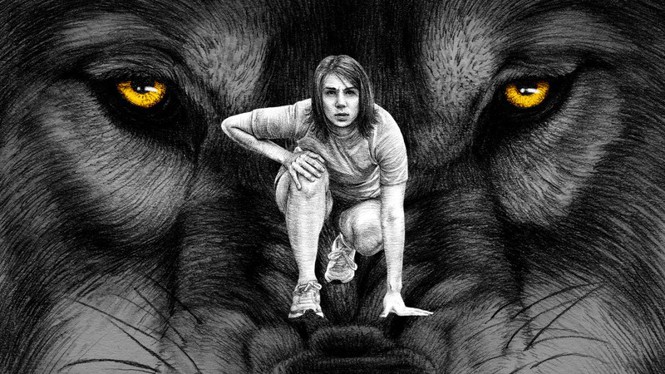
The wolf’s yellow eyes, sharp claws, and snapping teeth haunt our fairy tales and idioms, Erica Berry writes in her recent book, Wolfish. She asks why the animal has persisted as such a potent symbol of fear, arguing that this may color the way we see the world we share with animals and one another. By deconstructing stories such as “The Three Little Pigs” and “Little Red Riding Hood,” Lily Meyer wrote this week, Berry asks what dangers these canine villains are standing in for.
Berry is far from the only writer to investigate the significance of well-known fables. In Beauty and the Beast, Maria Tatar collects fairy tales revolving around a millennia-old trope (a human marrying an animal) and shows how they are “an expression of anxiety about marriage and relationships—about the animalistic nature of sex, and the fundamental strangeness of men and women to each other,” Sophie Gilbert explains. These accounts indicate what preoccupied our ancestors and what morals they hoped to impart. The impulse to communicate values through storytelling has remained strong across time: A century ago, British socialists tried to disseminate their ideology by reworking folk tales, a strategy we might recognize in contemporary titles like Chelsea Clinton’s children’s book She Persisted, J. C. Pan writes.
Fables often crop up in unexpected places. Sarah Chihaya writes that Yiyun Li’s The Book of Goose “is ostensibly a realist historical novel about the lives of women and girls in mid-century France … [but] secretly dwells in the realm of fairy tale.” Li shows us why we’re so drawn to these kinds of stories. As Chihaya argues: “We are all, whether we realize it or not, constantly engaged in the process of mythmaking in an attempt to understand the inexplicable.” But this simple logic isn’t always sound. Adoption, for example, is often portrayed as a magical ending whereby a family is finally complete. But in Somewhere Sisters, Erika Hayasaki dispels this idea. Placement with a different family frequently creates feelings of pain and dislocation; insisting that adoption must mean living happily ever after can compound that hurt. Unwinding the narratives of our culture isn’t a fanciful pursuit: It makes space for new meanings and new ways to live.
Every Friday in the Books Briefing, we thread together Atlantic stories on books that share similar ideas. Know other book lovers who might like …read more
Source:: The Atlantic – Best of